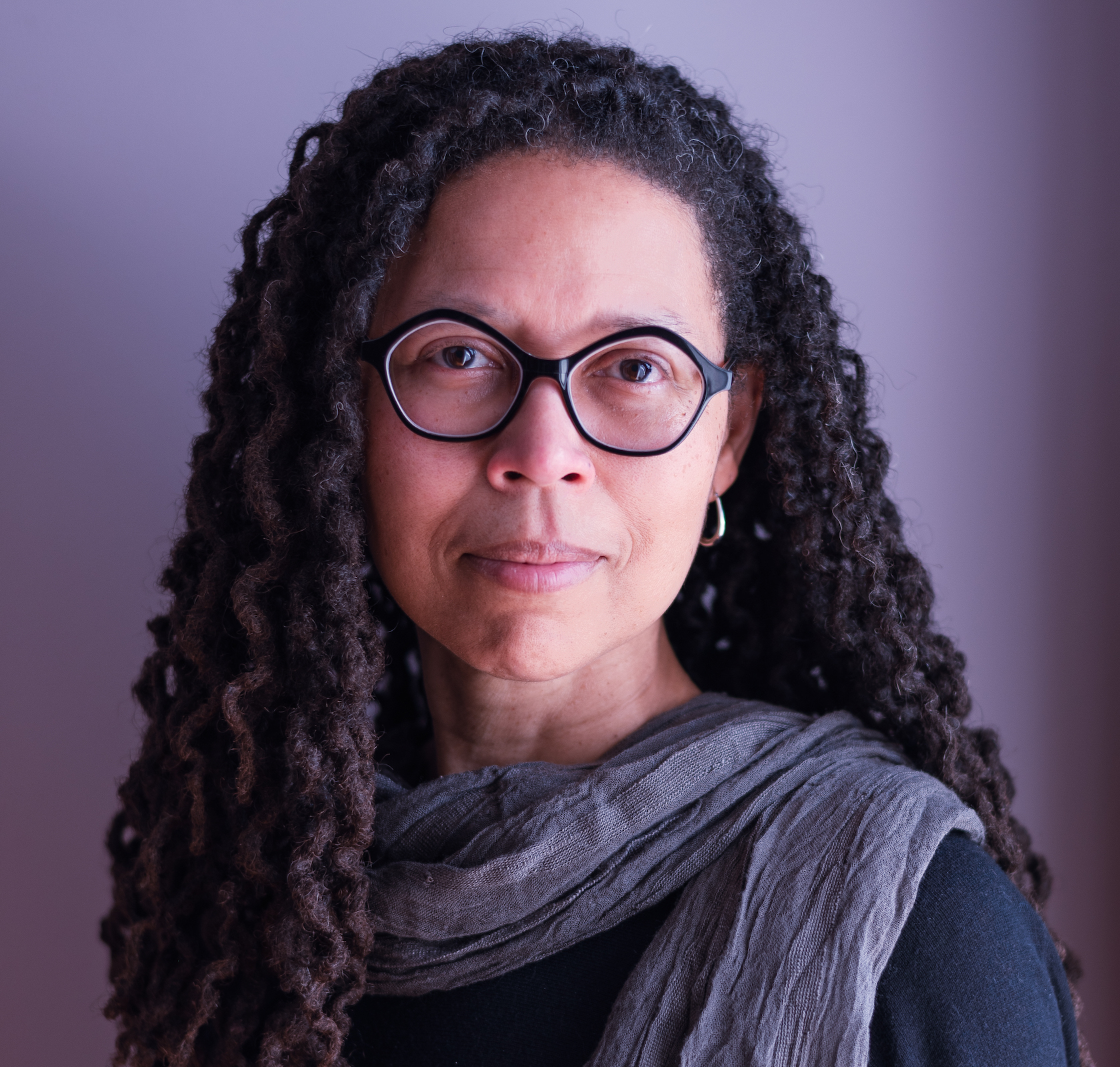
c/o Steěphane Robolin
Poet and Zora Neale Hurston Distinguished Professor of English at Rutgers University Evie Shockley inaugurated the WesPress x Shapiro Center for Creative Writing & Criticism series on Thursday, Sept. 21, 2023. This series aims to celebrate recent publications by the press’s authors. Shockley read from her new collection of poetry, “suddenly we,” fresh from its inclusion on the 2023 National Book Awards Poetry Longlist.
Shockley has previously been a finalist for the Pulitzer Prize for her book “semiautomatic” and won the Hurston/Wright Legacy Award for her book, “the new black.” Wesleyan University Press published both books. In addition, she has also received the 2023 Shelley Memorial Award, the Lannan Poetry Prize, the Stephen Henderson Award, and the Holmes National Poetry Prize.
The reading was introduced by Director of the Shapiro Center Merve Emre.
“‘suddenly we’ manages to be as playful in its moment of arrested grief as it is in its moments of… syntactical wordplay,” Emre said. “It is such a typographically inviting book that my five-year-old felt compelled to illustrate on page one…[where] you find 43 ‘you’s and one ‘me’ arranged into the lowercase ‘we,’ and the impulse to actualize that ‘we’ was so strong that he picked up a pencil and connected all the ‘you’s and the ‘me.’”
Shockley began the reading not with this first piece, but with the second, an ekphrastic poem titled “blue bird,” after the sculpture by Alison Saar which appears on the front cover of “suddenly, we.”
“i am black, comely / a girl on the cusp of desire,” Shockley read from her poem “perched.” “if i must be hard, it will as a tree, alive / with change.”
She also included in the reading a number of other poems, including “no car for colored [+] ladies (or miss well goes off [on] the rails)” and “the blessings.”
As a poet, Shockley reflected on the ways in which structure impacts a poem, both on the page and during readings.
“I’ve had very exciting debates with some of my friends about whether you are supposed to read lines, or read sentences,” Shockley said. “When you’re doing a reading, I think of it like this: There are three poems. Each poem has three poems. There’s the poem you see, the poem you hear, and there’s the poem that you get, if you’re looking and hearing at the same time, and I just accept that those are different.”
In the event’s Q&A section, Merve drew attention to Shockley’s inclusion of other arts, particularly sculpture, in “suddenly, we.”
“Even writers talk about making three-dimensional characters,” Shockley said. “There’s something of that, this idea that [sculpture] is one of the arts that allows us to kind of circle around and see something from all angles.”
The poet also discussed the nuances of the collection title, which she refers to as a little tongue-in-cheek, as it is rare that “we”s form very suddenly.
“Although, I mean, it didn’t take us long to get in this room,” Shockley said.
She also spoke to the fluidity of the “we” as people shift in grouping, place, and time.
“I think about how art makes possibilities for us, too,” Shockley said. “But, I also have in mind much longer temporalities: the history of enslavement, the process by which Twi and Igbo and Yoruba and many, many other ethnic groups in Africa become the ‘we’ of African Americans, of Black people and the diaspora. It took a long time and a lot of concerted effort to…suppress the languages, cultural practices, the knowledge…to create a new cultural group out of many different peoples.”
In her poetry, both in this volume and over time, Shockley considers what the “we” that was created in these processes of violence but has been sustained as a group resistance and has created new sets of cultural practices, and the ways in which those are distributed across multiple “we”s across the Black diaspora.
The reading was deeply impactful to many of its attendees, including Ava Yuanshan Guralnick ’25.
“Evie Shockley’s conversational nature of many of her poems, her poetic voice, and her immense gratitude towards the people listening, captured me,” said Guralnick. “She was building a community of care, gratitude, and tender honesty in that small room, and I am honored and grateful to have been able to feel with her and everyone else during the brief, and yet indelible, hour.”
The WesPress x Shapiro Writing Center series will continue with publications of other authors, with dates still to be announced. The Shapiro Center for Creative Writing and Criticism is also hosting the series “The Critic and Her Publics,” which is hosted at 5 p.m. on Tuesdays in the McKelvey Room at the Office of Admission. The next guest is Sophie Pinkham, a writer specializing in Russian and Ukrainian culture, history, and politics, on Tuesday, Oct. 10, 2023.
Rose Chen can be reached at rchen@wesleyan.edu.
Correction: This article mistakenly named the title of Shockley’s collection as “suddenly, we”—the correct title is “suddenly we.” This article has been updated to include this change.
Comments are closed